Add Some Collagen To Your Life!
This Article is Real Important to Read . . .
Collagen is the most abundant protein in our body.
It’s not only found in our skin, but also in our bones, muscles, tendons, gut, blood vessels and even our teeth.
At the end of this article is a great way to repair collagen damage .
Did you know there are 5 Types of Collagen . . . I - V
- Type I collagen is found throughout the body except in cartilaginous tissues. It is found in skin, tendon, vascular, ligature, organs and is the main component of bone. It is also synthesized in response to injury and in the fibrous nodules in fibrous diseases. Over 90% of the collagen in the body is type I.
- Type II collagen is the main component of cartilage. It is also found in developing cornea and vitreous humour. These are formed from two or more collagens or co-polymers rather than a single type of collagen.
- Type III collagen is found in the walls of arteries and other hollow organs and usually occurs in the same fibril with type I collagen.
- Type IV forms the bases of cell basement membrane
- Type V collagen and type XI collagen are minor components of tissue and occur as fibrils with type I and type II collagen respectively. Type V forms cell surfaces, hair and placenta.
Basicly think of a disease and you should now think of Collagen breakdown as a cause.
Today we will specifically look at how the skin's collagen breaks down and what can occur.
It's no wonder the first signs of aging are on our skin.
Collagen lays the structural foundation of the skin. It is a protein produced by our cells that helps “hold” the skin together, by forming mesh-like bonds which give it firmness and elasticity.
The skin is the outermost layer of our bodies, and many parts of it, particularly on the face, are exposed to the atmosphere all day long.
The main function of the skin is to of protect the body from microbes and nature's elements. It also helps regulate body temperature, and consists of nerve endings that permit the sensations of touch, heat, and cold.
While we are young, our skin maintains a smooth and fresh appearance, as collagen and other skin cells are constantly regenerated.
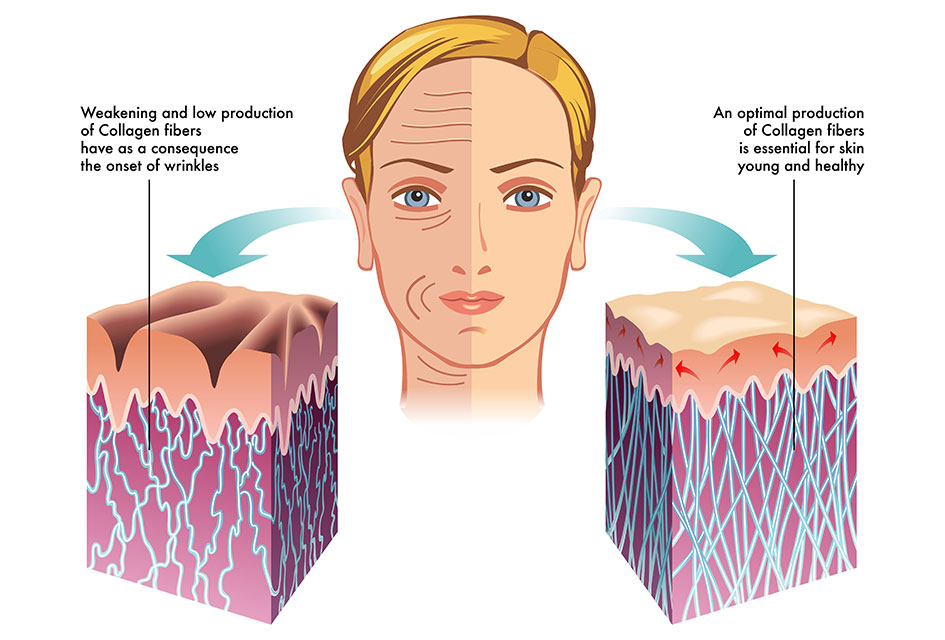
As we age, however, collagen production slows.
Combined with damage by sun and air exposure and poor lifestyle habits, our precious skin becomes thinner. The results? Wrinkles and sagging skin. [1]
But all is not lost: the good news is, these days there are many measures you can take to preserve your collagen and even boost its production. These measures can be in the form of collagen skin treatments, dietary changes and oral supplements.
Collagen Skin Treatments
1) Collagen Face Creams
I'm going to be honest here. Save your money. Creams containing collagen are often promoted for their anti-aging or anti-wrinkle effects, but scientists have found that they have none. The collagen molecules they contain are simply too large to penetrate the epidermal skin barrier to gain access to the dermis, where the aging process predominantly occurs. [2]
Having said that, some more recent experiments on collagen boosting creams, which containing peptides, have had some encouraging results as far as more natural collagen treatments for the face and skin go.
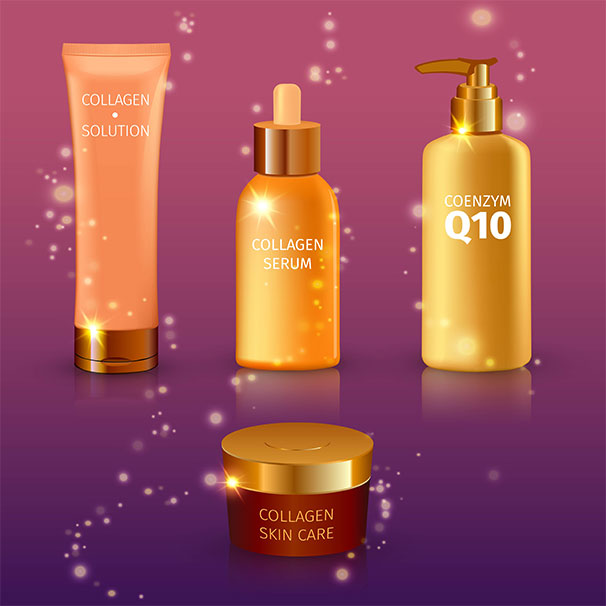
Peptides are molecules made from amino acids – the building blocks of protein. They’re found naturally in the body, and are responsible for telling cells how to function – when to divide and when to produce more proteins. In the skin, peptides can stimulate the production of proteins collagen, elastin and fibronectin – all of which give younger-looking skin its wrinkle-free bounce.
Although initial trials of collagen boosting creams showed a significant reduction in fine lines and wrinkles, long-term clinical trials are still needed. [3] [4]
One thing is for sure: when in the sun for long periods of time using sun protection (without nasty chemicals) is the best way to protect your skin from sun light and prevent wrinkles.
Healthy sun exposure is good for the skin.
2) Dermal Fillers
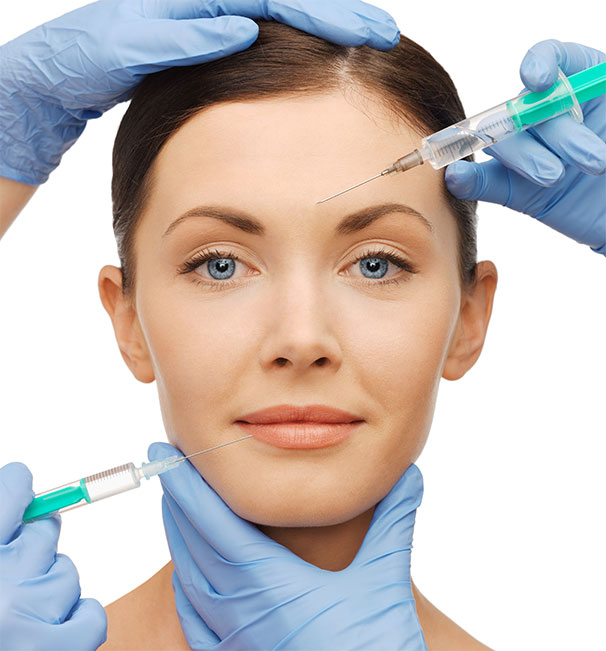
For those of you after a quick-fix, injections of collagen are also available to boost collagen in the face and tighten up aging skin, known as “dermal fillers”. These injections are obviously quite invasive but have surprisingly noticeable results in the world of non-surgical facial rejuvenation.
Facial fillers are designed to address lines, folds and furrows, by replacing lost fat and collagen in the face. It can be used anywhere, especially useful in the lower third of the face. [5]
But fillers don't come cheap, and effects are temporary and last for a period ranging from few months to a year, depending on the individual metabolism.
3) Red Light Therapy
If you want to stick to a more natural way of boosting collagen, then red light therapy is for you.
Red light therapy combines red and infrared light rays to stimulate blood circulation, bringing more blood and nutrients to the skin, and boosting collagen production.
It also instigates the release of chemical messengers called cytokines. As more cytokines are released, collagen-producing cells called fibroblasts leap into action.
This non-invasive, side-effect free way of naturally boosting collagen is backed by many studies and is quickly gaining popularity. It can also be performed at home as home devices are readily available.[6]
Collagen Boosting Food
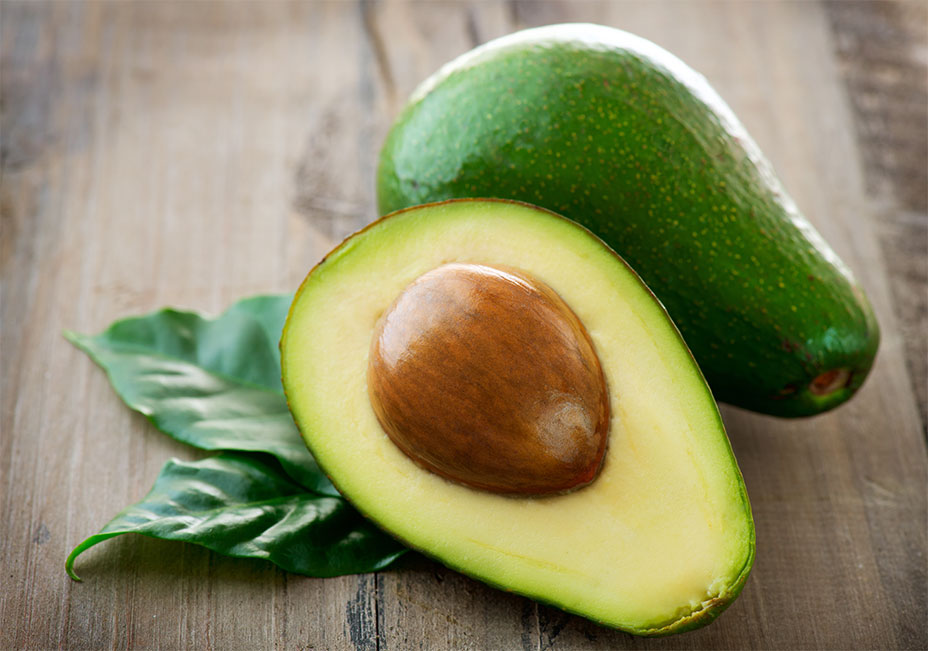
If you're not into lotions and potions, have no fear. You can restore collagen to your body even more naturally.
There are many healthy foods out there that are collagen-rich or that naturally boost collagen. You may be eating already- you just need to eat them in larger quantities if you want to restore collagen naturally.
1) Dark Leafy Green Vegetables
You know the ones: kale, spinach, rocket and swiss chard are all high in vitamins A and C, vitamins which are essential in collagen production.
Ensure you don't have kale or spinach raw too often: as these article suggests.
Kale . . . Spinach.
2) Blueberries
Blueberries contain phytonutrients that inhibit photo-aging and help body produce collagen. [7]
3) Avocados
Avocados are rich in many vitamins and minerals, such as B-vitamins, vitamin K, vitamin E, vitamin C, potassium and copper.
Avocado seed oil has been shown to significantly increase soluble collagen content in skin.
Using avocado oil in salads and dressings can noticibly improve your skin texture.[8] [9]
4) Eggs
Most health foods for collagen are collagen boosting foods. That is, they promote collagen production in the body. Eggs, however, are one of the few foods that actually contain and provide collagen directly.
Research has shown that both the egg shell membranes and yolk of chicken eggs are high in collagen. Egg protein has just the right mix of essential amino acids needed by humans to build collagen.
The key to eggs is to eat them with the yolk runny and white not crispy. Therefore poached is best or a just cooked omelette or scrambled.
One or two eggs a day are essential to add collagen to your body.[10]
5) Mango
Mango, which is rich in Vitamin C, works with these acids to boost collagen production.
6) Garlic
We are all familiar with the medicinal properties of garlic. But garlic is also rich in sulfur, which has been shown to increase collagen production. It also contains lipoic acid and taurine that help rebuild collagen.
7) Bone Broth
With Bone Broth you can support your Tendons, Ligaments, Muscle Tissues, Healthy Digestion, Glowing Skin, plus these additional benefits:
- Healthy gut support and function
- Vibrant, firmer, glowing skin
- Greater mobility and flexibility
- Healthier, stronger bones and joints
- Strong, healthy muscles
- Supports a healthy weight and metabolism, due to its satiating effect on hunger
- Deeper and more restful sleep
- Healthy brain function
For more on bone broth and how to make it please go here.
8) Red Fruits and Vegetables
From green to red, spinach to tomatoes, red fruits and veggies also belong on the collagen boosting list. Beets, peppers, watermelon, red grape fruit-you name it. [11]
9) Fish and Lean, grass fed Beef
Omega-3-rich fish like wild Atlantic salmon (not farmed) along with grass-fed meat (which is also high in omega-3) protect the fatty membrane around skin cells. The omega-3s plump up the cells, making them bouncy and full, which translates to more youthful-looking skin.
These foods also help reduce inflammation and provide essential amino acids to keep your skin firm and elastic.
Collagen Supplements For Skin
Although there are some doubts about how supplements are actually absorbed and delivered to different areas of the body, there is good evidence that oral collagen supplementation improves skin health.
The best sources of collagen are those that have been used in research studies and have been evaluated for their safety and efficacy.
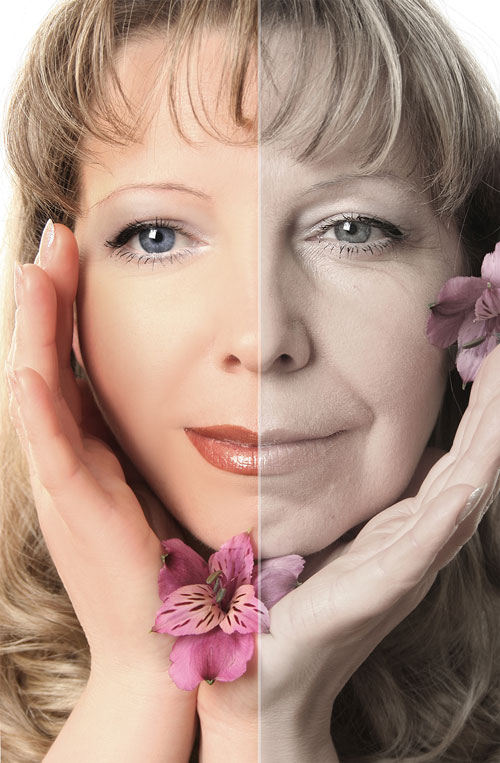
Studies show that one of the best collagen supplements for the skin is collagen hydrolysate (a specific type of collagen), which is absorbed in the alimentary canal and, following digestion, is circulated in the blood and delivered to the skin where it accumulates.
This is found in the form of hydrolysed fish collagen, preferably from wild fish. [13]
Alternatively, look for supplements containing organic, grass-fed collagen peptides, as peptides are small enough to be absorbed into the bloodstream.
Good quality collagen supplements are considered by many people to be an effective and safe way to ensure that they are getting enough of the essential proteins they need to replenish their collagen supply and keep them looking vibrant and young.
There are many brands that create great collagen supplements for the skin.
When choosing a collagen supplement, try to find out as much as you can about its origins and how it works. [14]
One of the best ways To Turn Back the Clock is …..
. . . via One of the Most Significant Health and Anti Aging Discoveries of Our Lifetime….. that Science had declared was impossible!
The answer to the discovery was finding Redox Signaling Molecules.The first nobel prize on signaling molecules was given in 1998.
Healthy young skin cells renew themselves every 28 days. Over Time youthful renewal slows down to a crawl and we start losing Redox signaling molecules from age 10 and at 50 we have lost over 50% of these rejuvenating molecules.
Science has been able to put Redox Molecules in a tube, once considered impossible, NOW Possible.
Great news for us!
Clinical trials show Renu 28 to be 100% effective in reducing fine lines and wrinkles.
Renu 28 is also effective for crow's feet, around the eyes, dark circles and puffiness, whilst enhancing radiance and smoothness. [3] [4]
Which of the following would you choose?
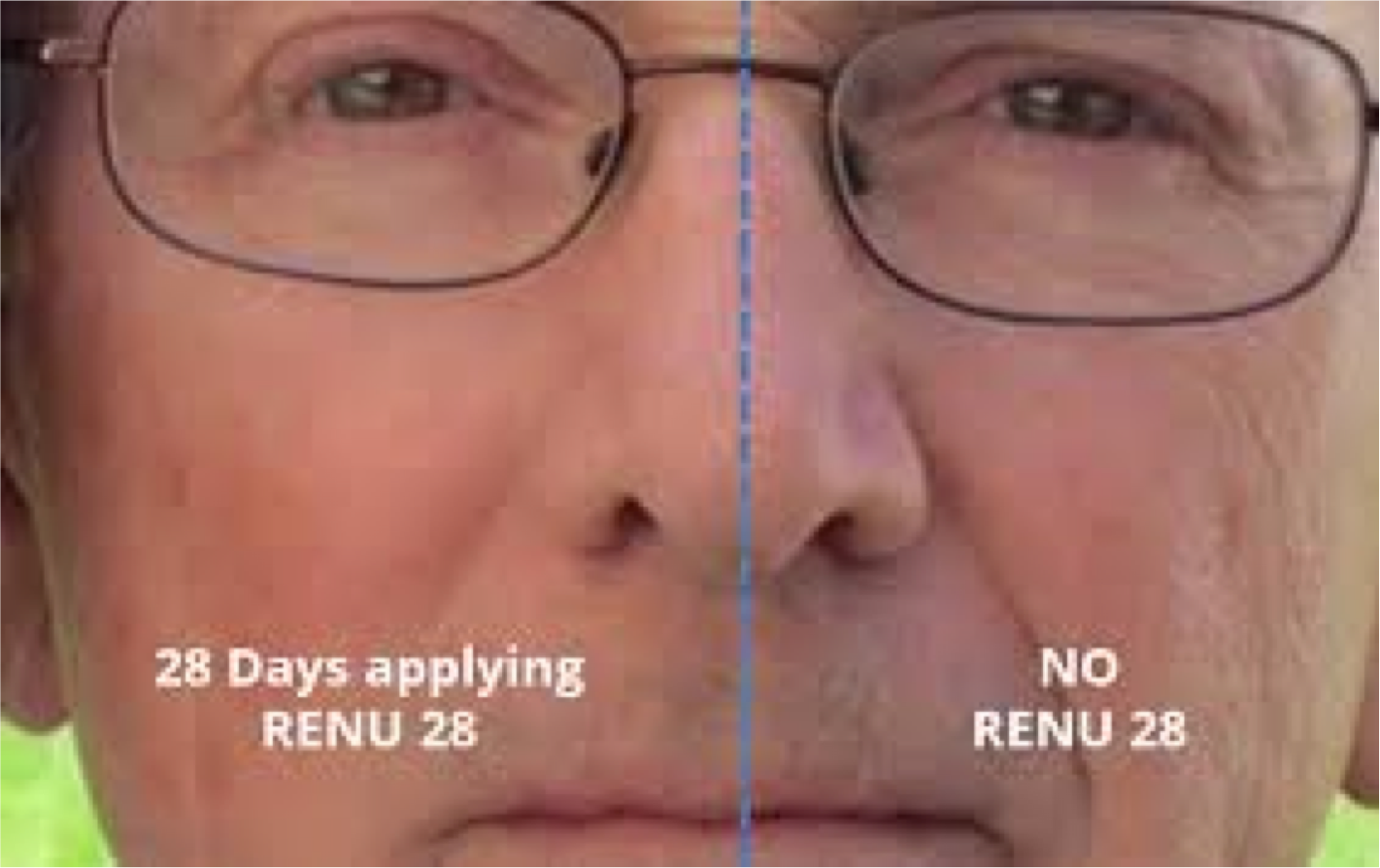
-Reduce eye wrinkle depth by 21%
-Improve wrinkles overall by 23%
-Improve facial skin texture by 22%
-Increase skin’s smoothness by 23
-Increase skin’s elasticity by 20%
-Increase skin’s moisture by 11%
What if you could have them ALL?
Yes you can . . .
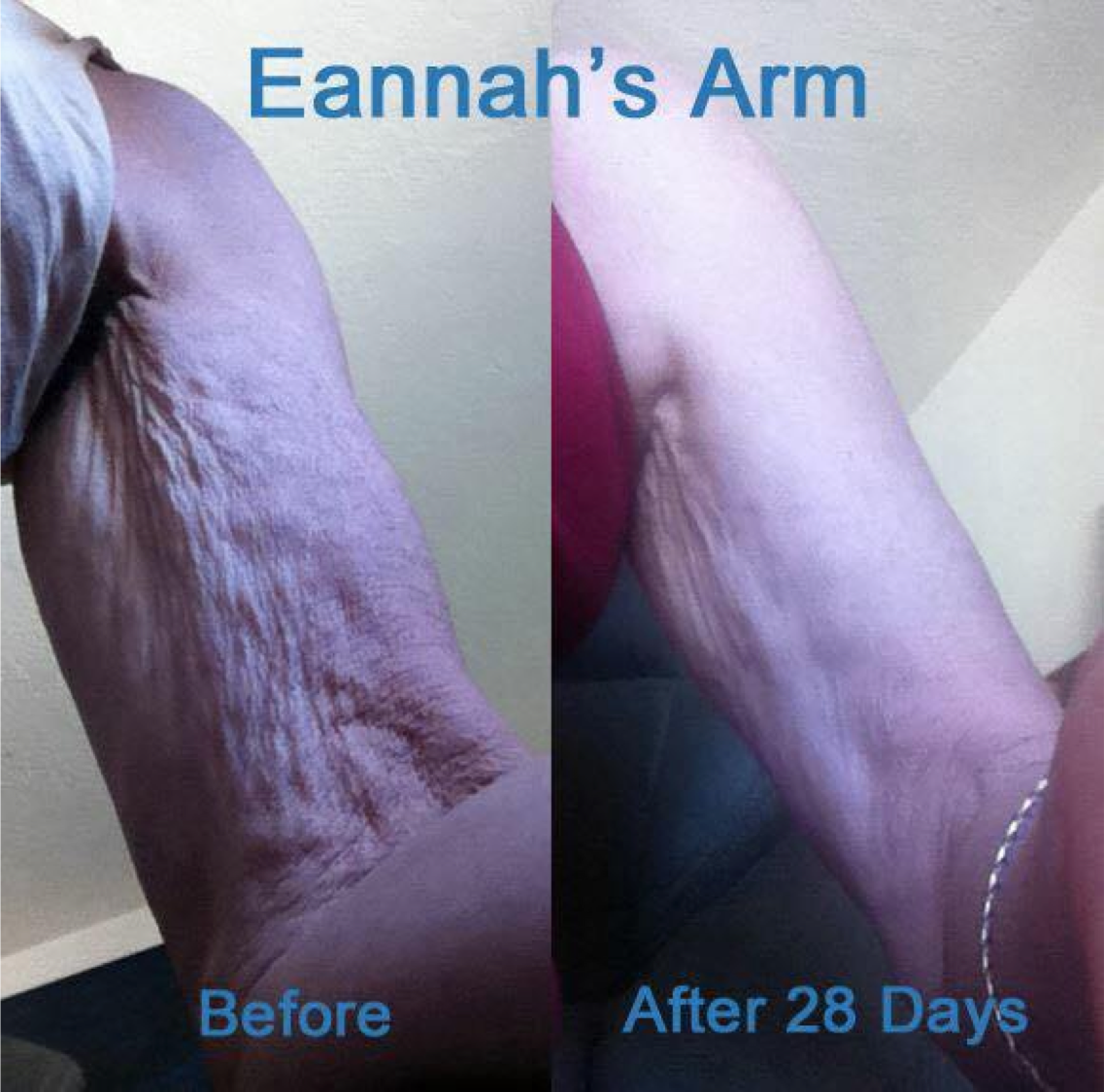
The skin’s natural ability to rejuvenate declines over time.
Did you Know . . .
Infants turn over skin cells about every 14 days.
In adulthood, that time increases to 28 days and continues to lengthen.
By age 50 and beyond, skin cell turnover can stretch to as long as three months.
But with daily application of RENU 28, you’re giving your skin rejuvenating redox signaling molecules that improve your skin at the cellular level.
No matter what your trouble spots may be, whether it’s unevenness or dryness or fine lines—and no matter where on the body they are—RENU 28 and RENU Advanced Intensive Redox Serum can help.

•Simple
•Safe
•Proven
•Affordable
•Effective
Renu 28 is the only facial product in the world that contains Redox Signaling molecules and is easy to apply.
To watch a video on how it works and to order please go here.
Would you like to find out more?
For those who are not members of the clinic, there are two ways you can respond. . .
1. I would like to book in for your Free 20 Minute consultation online to ask further questions on how you can help me . . . or I will phone you on 07 5474 5354
2. I am pro-active about my health. I want to book now and I realise the consultation is normally valued at $300.00, however if I act now I will receive a substantial discount!
Until next time,
Yours in Health
From the Team at Unique Health and Wellness
References:
1] pharmaxchange.info/press/2011/03/the-ageing-skin-part-4e-dermal-fillers
2] ncbi.nlm.nih.gov/pmc/articles/PMC1305735/pdf/westjmed00311-0037.pdf
3] ncbi.nlm.nih.gov/pubmed/18492182
4] harleystreetemporium.com/wrinkle-smoothing-peptide-creams-really-work
5] beforeitsnews.com/science-and-technology/2013/08/is-collagen-our-new-fountain-of-youth-2632960.html
6] light-therapy-reviews.net/light-therapy-research-and-studies
7] ncbi.nlm.nih.gov/pubmed/19199288
8] britannica.com/science/human-nutrition
9] ncbi.nlm.nih.gov/pubmed/1676360
10] ncbi.nlm.nih.gov/pubmed/6203793
11] easyhealthoptions.com/4-ways-boost-collagen-love-skin-youre
12] sciencedaily.com/releases/2009/08/090810085312.htm
13] ncbi.nlm.nih.gov/pubmed/10498764
14] ncbi.nlm.nih.gov/pmc/articles/PMC4745978
Disclaimer: The information provided does not take into account individual needs of any particular person. When providing this information it is intended as a sharing of knowledge and information from the research. The information provided should not be construed as personal medical advice or instruction and is not intended to replace a one-on-one relationship with a qualified health care professional and is not intended as medical advice. We encourage you to make your own health care decisions based upon your research and in partnership with a qualified health care professional.
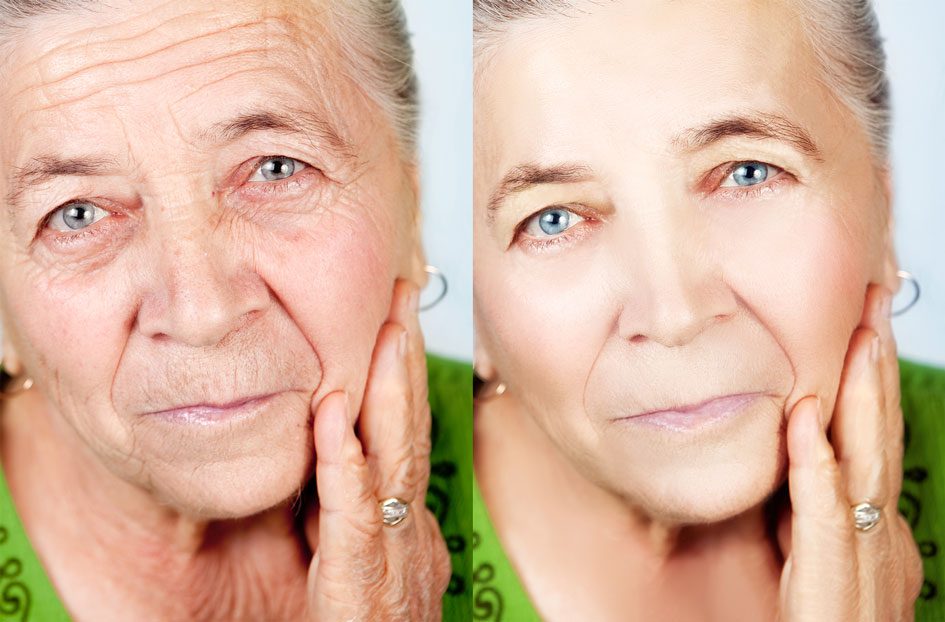
MORE BLOG STORIES
Breaking Down the B Vitamins
Amazing Ways to Help Heal Mitochondrial Dysfunction!
The 5 Worst Foods For Your Gut
‘THE GOLDEN GODDESS’
Mitochondria, Inflammation and Oxidative Stress
Tired? You May Be Suffering From Mitochondrial Dysfunction